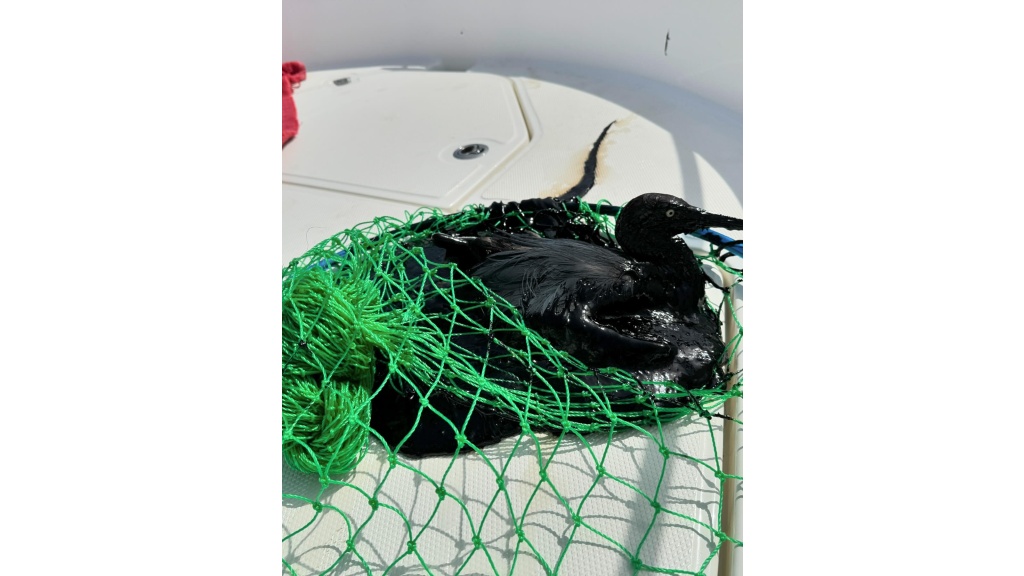In a devastating turn of events, the pristine shores of Bonaire, a Dutch Caribbean gem renowned for its vibrant marine life and azure waters, are now under siege from an oil spill catastrophe.
The tranquil island, cherished by locals and visitors alike for its unspoiled beauty, faces an unprecedented environmental crisis as oil from a capsized barge off the southern coast of Tobago has begun washing ashore.
The announcement came on Monday from the island’s government, which confirmed the grim reality that oil had infiltrated the waters off Sorobon, Lac, and Laguna, staining the eastern coast with its toxic presence.
Urgent calls have been made to both residents and tourists to steer clear of the contaminated areas, emphasizing the grave risks posed to human health and the delicate balance of Bonaire’s precious ecosystems.
“This contamination poses a serious threat to both people and nature on Bonaire, including vulnerable ecosystems such as mangroves, fish, and coral,” the government’s statement warned, echoing the alarm felt across the island.
The repercussions of this ecological disaster are far-reaching, with concerns mounting over the long-term impact on biodiversity and the livelihoods of those dependent on the island’s marine resources.
Reports of oil-soaked birds and lifeless marine creatures serve as grim reminders of the unfolding tragedy, casting a shadow over Bonaire’s once-thriving coastal paradise.

The sight of wildlife struggling amidst the slickened waters paints a poignant picture of the havoc wreaked by human negligence on the natural world.
As efforts to contain the spill and minimize its consequences are underway, the scale of the challenge ahead looms dauntingly large.
The delicate balance of Bonaire’s ecosystems hangs in the balance, with every passing moment crucial in determining the extent of the damage inflicted.



















